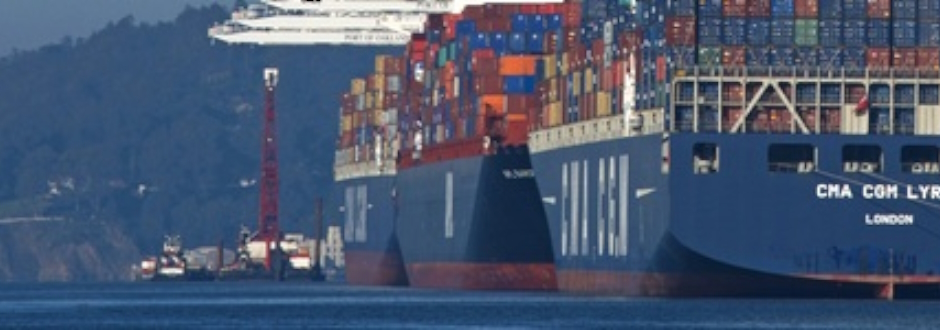Applied Sustainability Science (APSIS)
The APSIS working group is interested in understanding how scientific information is compiled and made relevant for climate policy. Their research acknowledges the embeddedness of climate policy in wider sustainable development considerations and hence the need to work across multiple topics and disciplines. In the face of the rapidly expanding volume of literature on climate change, the researchers aim to contribute to the development and application of methods for research synthesis. By doing so, they help transform individual pieces of research and information into a more coherent map of decision-relevant knowledge, thereby realigning the social sciences in climate change research towards a solution-oriented paradigm.
Team members
Head: Dr. Jan Christoph Minx, PhD
Dr. Max Callaghan
Diana Danilenko
Andrea del Cura
Anais Desbrueres
Niklas Döbbeling-Hildebrandt
Leo-Michael Gordon
Christiane Hamann
Steven Kerr
Dr. William Lamb
Dr. Sarah Lück
Maisa Mattila
Andres Mena
Klaas Miersch
Farah Mohammadzadeh Valencia
Letecia Müller
Dr. Finn Müller-Hansen
Dr. Tim Repke
Ingrid Schulte
Leon Stephan
Lina Wallrafen
Research topics
The researchers apply qualitative and quantitative methods from economics, engineering, the social sciences as well as the humanities. They apply machine learning and natural language processing methods to large text archives as a means to progress research synthesis for scientific assessments in a time of ‘big literature’. Their work takes place in four topic areas: (1) Coal and committed carbon, (2) human well-being and sustainable development, (3) climate change mitigation pathways and negative emissions, and (4) science-policy exchanges for the future of global environmental assessments.
Research projects
Many of the team’s current projects focus on developing and applying methodologies, building capacities around, and organizing a network for research synthesis on climate solutions in cooperation with international partners like the Priestley International Centre for Climate at the University of Leeds or the Max-Planck Society. With a consortium of international partners in the UK, Germany, Austria and the U.S. the group is systematically compiling evidence on negative emissions technologies to inform the upcoming IPCC assessment on the 1.5°C goal. Their “Gesprächskreis Negative Emissionen” with Stiftung Wissenschaft and Politik tries to organize an open discussions on this controversially discussed cluster of technologies.





